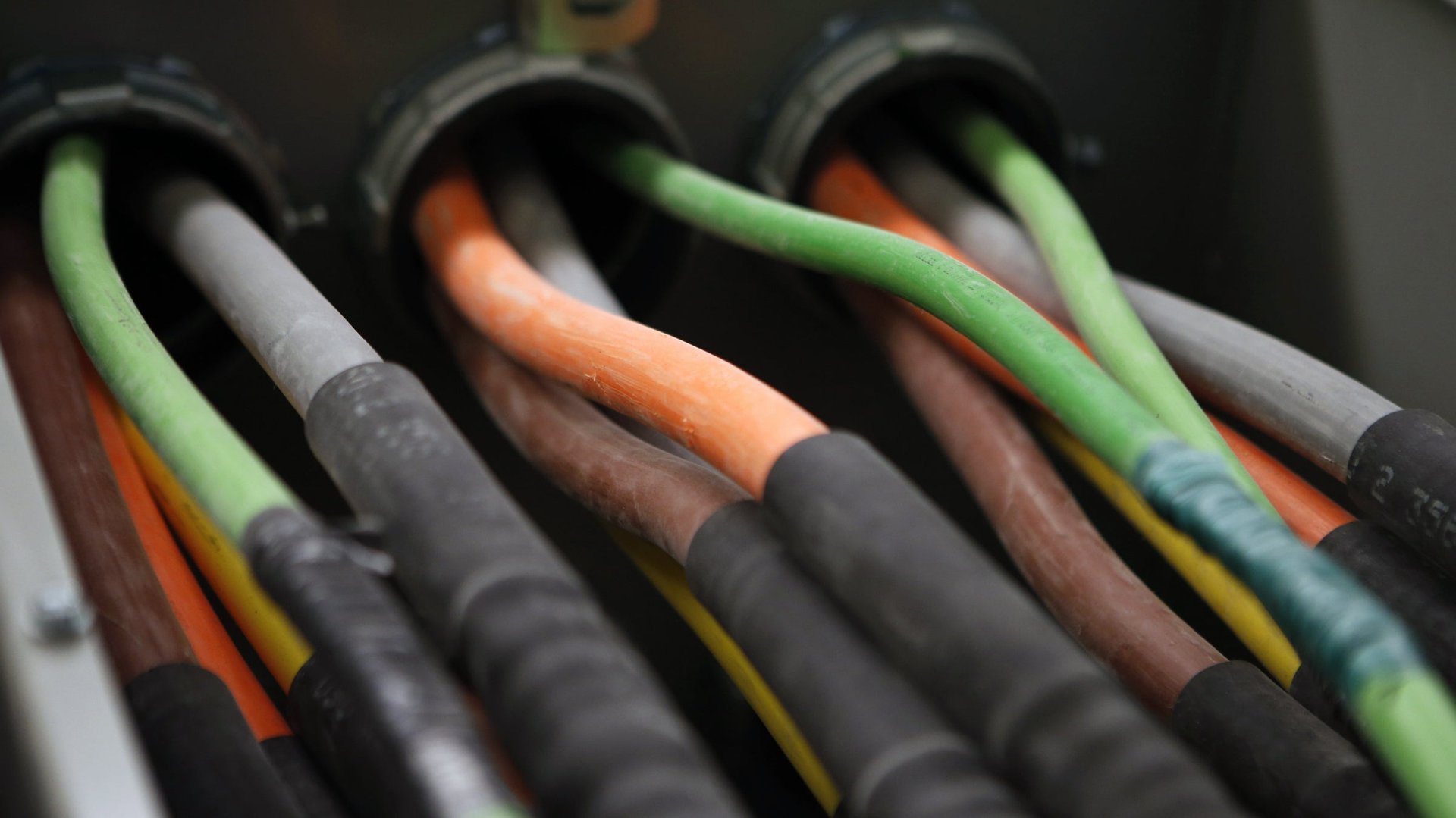Broadband companies are stifling cities’ high-speed internet efforts
Millions of Americans don’t have access to high-speed internet. But under lobbying pressure from the broadband industry, nearly half of US state legislatures have outlawed a model that might help ease the country’s digital divide.


Millions of Americans don’t have access to high-speed internet. But under lobbying pressure from the broadband industry, nearly half of US state legislatures have outlawed a model that might help ease the country’s digital divide.
In 22 states, it is illegal—or laws make it very cumbersome—for cities to build their own broadband networks for residents. Industry lobbyists have argued that those laws are necessary to protect companies like Comcast, Charter, and AT&T against unfair competition from local governments. But local broadband activists say they stifle municipal networks that could bring more small town and rural residents online.
Usually, state lawmakers and the Federal Communications Commission side with powerful industry lobbyists. But one small Missouri city could point to a new way forward—and it leans on an unlikely partnership with one of the companies that has fought to keep control over America’s broadband networks.
BroadbandNow, a company that collects data on US broadband coverage, has cataloged many of the restrictions that make local broadband networks practically impossible to operate. Some bar cities from issuing bonds or using tax revenue to build networks; others ban cities from building networks if there is already a private provider in the area. Many impose costs on local networks that don’t apply to private providers, or require cities to set artificially high broadband prices to match private providers.
Some state laws even ban cities from building broadband networks outright. “We would not have laws like that if it weren’t for the strong backing and promotion of major communications carriers,” said Jim Baller, a lawyer who heads the DC law firm Baller Stokes & Lide, which represents broadband clients across the US.
But in Springfield, Missouri, city leaders have come to a detente with one carrier—offering a vision of what local governments could do if they were freed from statewide restrictions.
Last year, the city announced a public-private partnership with internet service provider CenturyLink to expand broadband access. Springfield is building its own fiber-optic network, which uses light signals to provide faster internet speeds than standard copper wire networks—a significant step up in the broadband quality available to many residents. CenturyLink will lease bandwidth on the network, and take over the day-to-day business of selling high-speed internet to residents.
Before the partnership, CenturyLink, which has lobbied against municipal broadband networks, didn’t have plans to expand to Springfield. It would have required a risky infrastructure investment in a market with established competitors, AT&T and Mediacom. Now, Springfield doesn’t have to wait for a private company to decide it would be profitable to install a fiber optic network for every resident—the city built the network as a public service, and then induced an internet service provider to come run it.
If used more widely, this kind of public-private partnership could make a huge difference in towns that have no broadband access, or only have low quality options.
“I think there are a lot of cities that would like to build networks if CenturyLink would offer service on it,” said Christopher Mitchell, who studies local broadband networks with the Institute for Local Self-Reliance. “That’s not something we’ve really seen before, and we’re waiting to see if CenturyLink wants to do more of that.”
In an emailed statement, CenturyLink expressed enthusiasm for more municipal partnerships. “We will continue to work closely with communities, government officials, and policymakers on creative public-private partnerships that bring high-speed internet services to more American homes and businesses,” wrote a company spokesperson.
But that will be much harder if the country’s largest internet internet service providers, including CenturyLink, continue their multi-million-dollar state house lobbying campaign against municipal broadband networks.